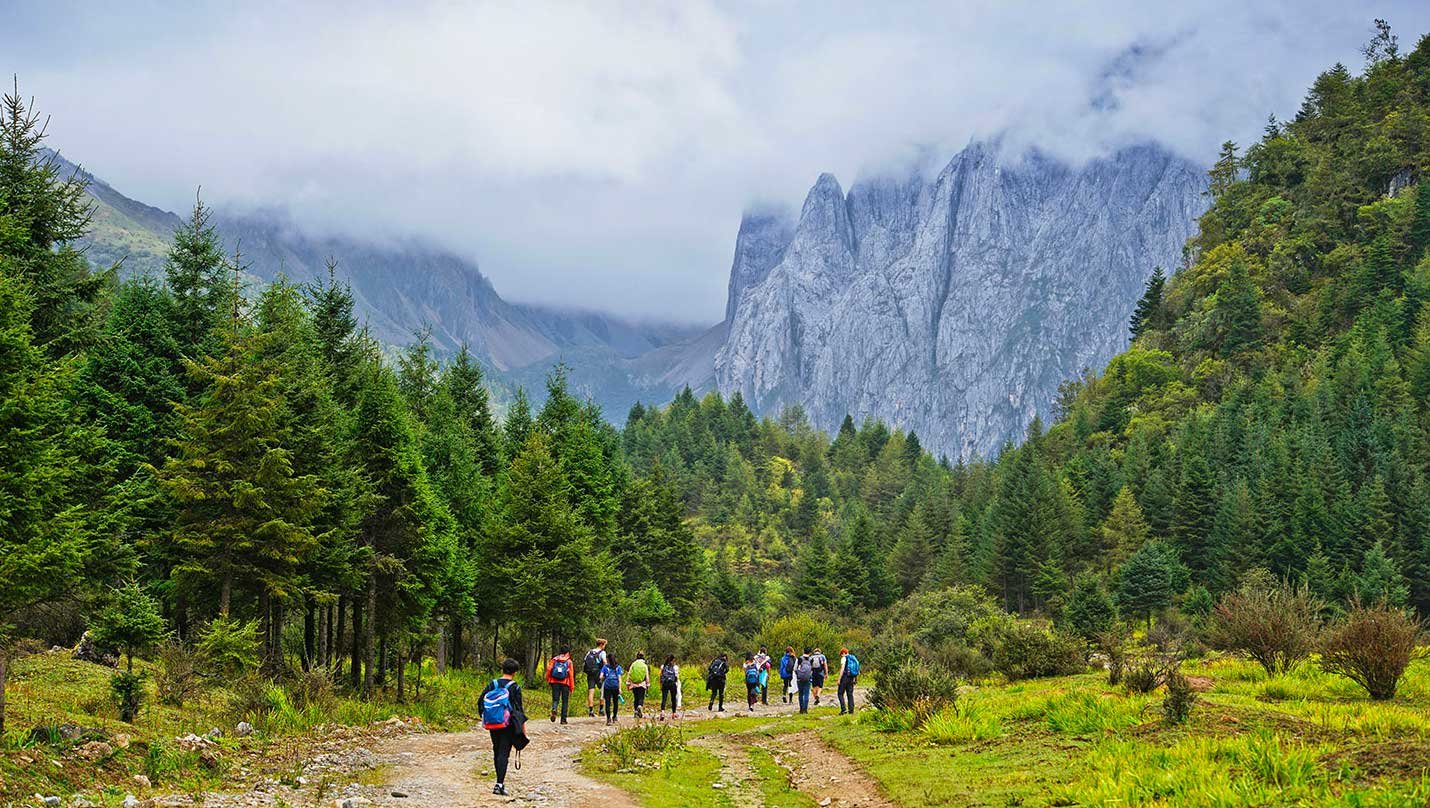“I felt really moved. I can read the Bible in two other languages, but now that I’ve heard it in my own language, the feeling is so right. I’ve realized that before when I read Scripture [in other languages], I felt like God was far away, but now I know God is not foreign. He is close to our lives.”

The Great Commission belongs to the church, not the agency.
GSI Comes alongside your Church’s Efforts
For those in closed-off regions, your presence makes all the difference. We provide the support to get your church’s mission there.
Active Partnership With Your Church
The sending church leads, and GSI provides the necessary expertise at each juncture, always pointing forward to establishing a healthy church in that previously unengaged language group.
Ongoing Resources & Training
Church members who travel and work overseas will require ongoing education and guidance. GSI and the church continuously equip and hold missionaries accountable so the Great Commission stays in focus.
Visibility Into Your Member's Journey
As a sending church, it’s essential to grasp every phase of the mission. GSI offers a comprehensive timeline to ensure your church remains informed through each stage.
Streamlined Donation Process
Giving should be simple. GSI workers are funded through churches and private donors, and you can support their planting efforts in a few steps.
Get Started Today
Begin Your Church’s Mission
As a pastor/elder , you’ve been tasked with sending missionaries abroad. Our role is to help educate and equip your church members.
Support a Fieldworker
Your partnership can change the lives of unreached language groups. Get started by backing your field worker’s efforts.
Become a Church Planter
You feel called – now it’s time to take action. GSI is ready to provide you and your church with the tools you need to make a difference.
Church Relations Call
Connect with our team to learn more about:
-
How to Send Well – Learn how your church can effectively send missionaries while staying actively involved in their journey.
-
Strategic Partnerships – Discover how GSI equips and supports churches to ensure long-term, sustainable church planting efforts.
-
Funding and Accountability – Get insights into financial stewardship and how donations directly impact mission work in unengaged regions.



Mission Resources



